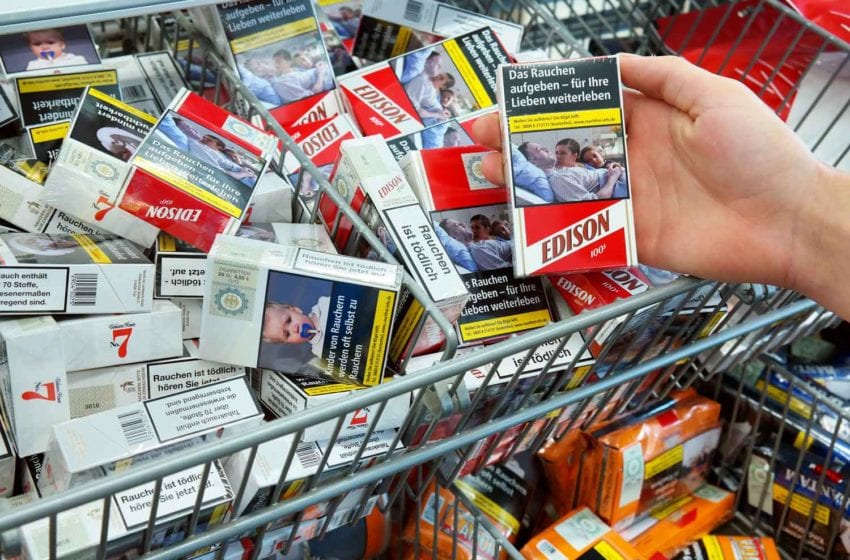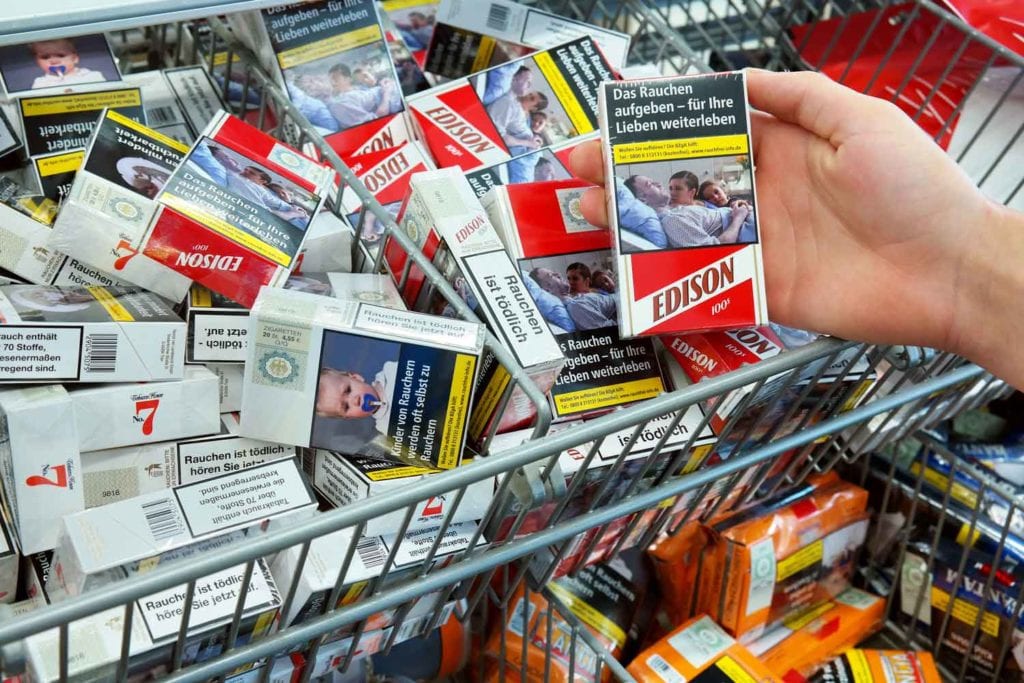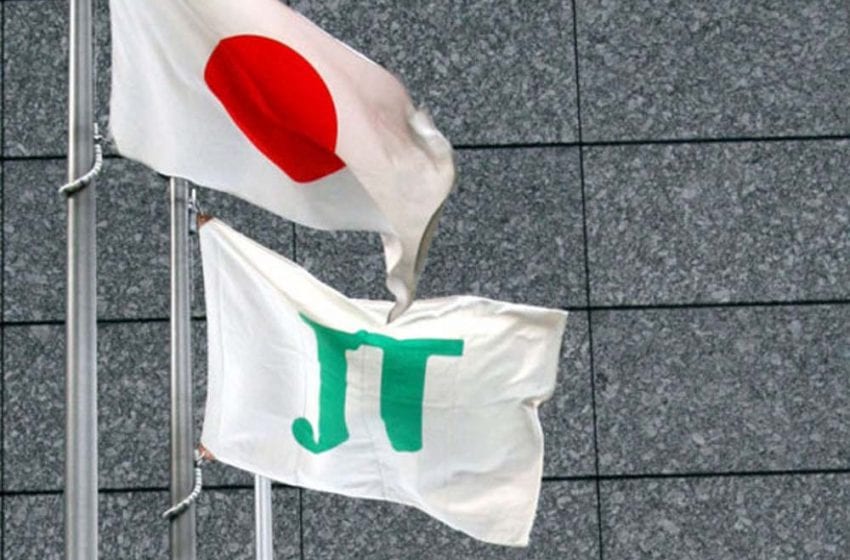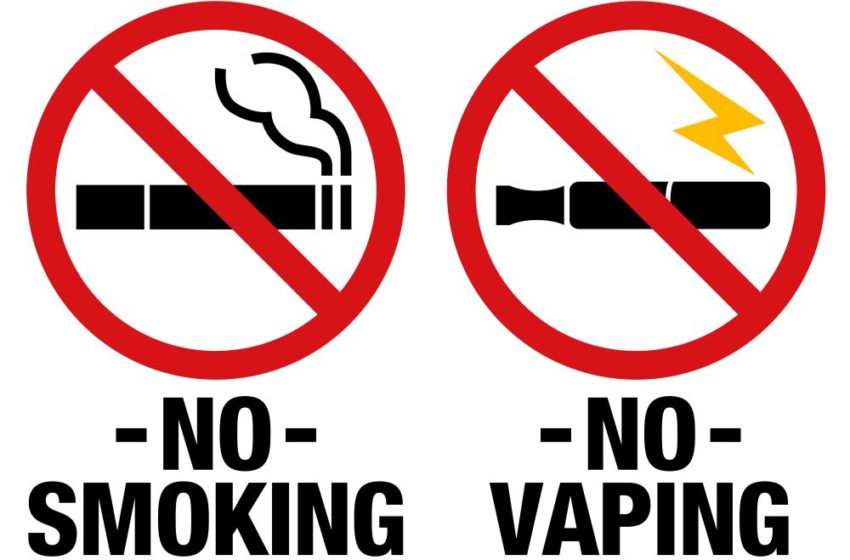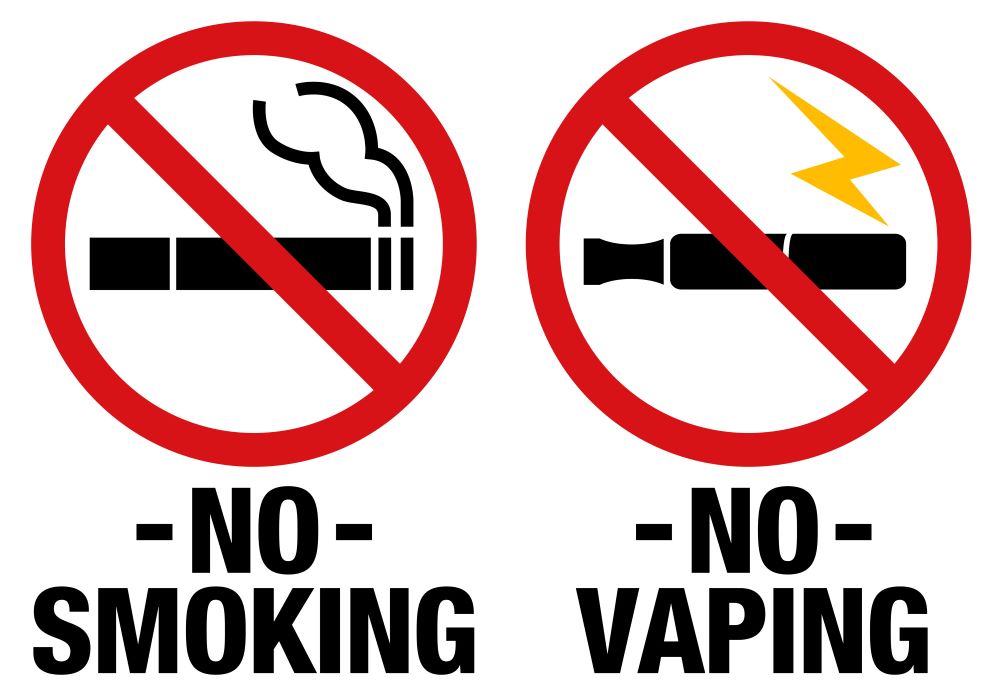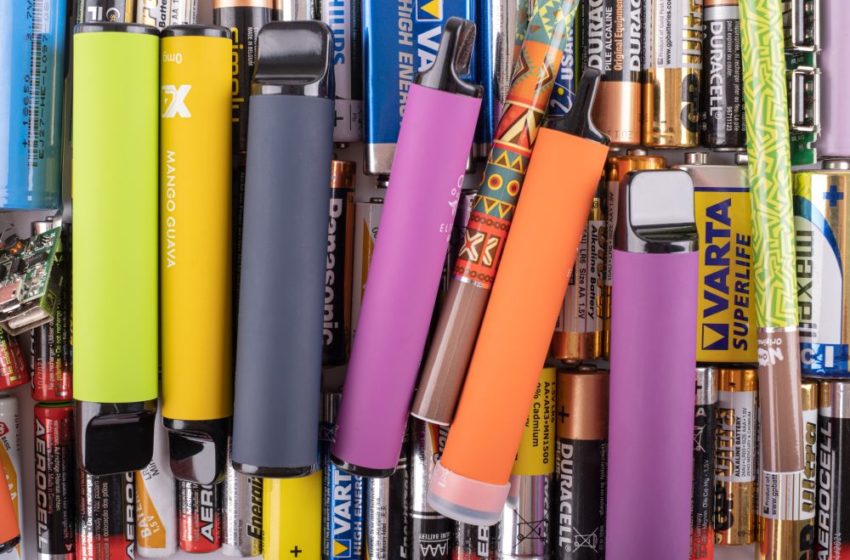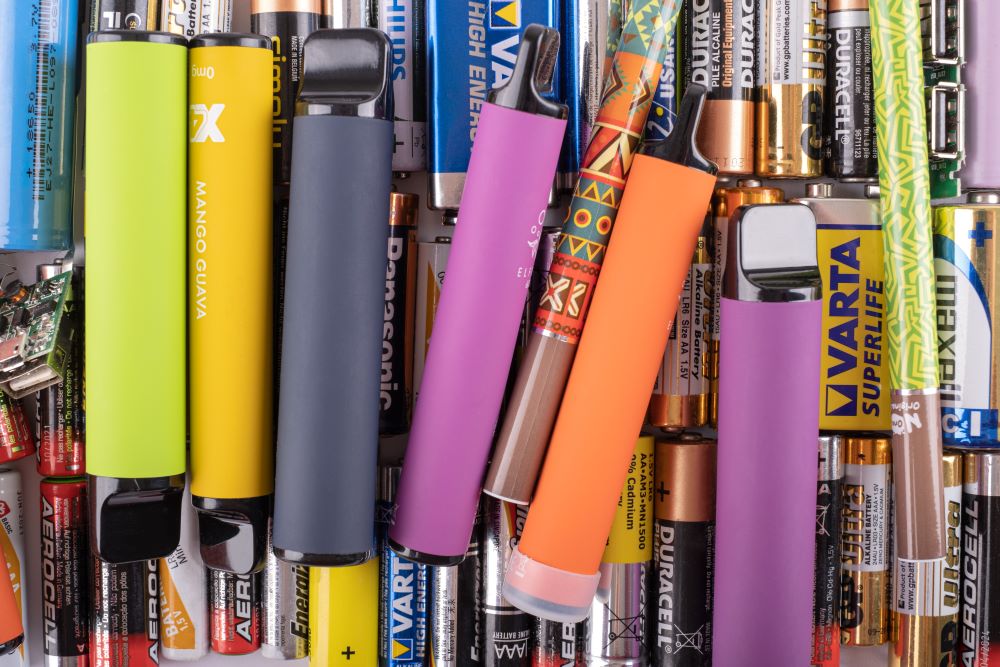
22nd Century Group filed a U.S. drug master file (DMF) to the U.S. Food and Drug Administration for cannabidiol (CBD) API from GVB Biopharma, a 22nd Century Group company, according to a company press release.
“GVB Biopharma is widely recognized for the quality and consistency of its Cannabinoid extracts and ingredients,” said James A. Mish, CEO of 22nd Century. “We are now leveraging these capabilities with our DMF filing to meet the increasing regulatory demands of the supplements markets.”
Additionally, 22nd Century and GVB Biopharma have entered into an agreement with Cannabinoid API Solutions (CAS) and Transo-Pharm for global sales, marketing and distribution of GVB’s Cannabinoid APIs. Transo-Pharm is a well-established supplier and distributor of pharmaceutical APIs to a broad portfolio of branded and generic finished drug product manufacturers, including more than 75 current active, ongoing development programs.
“The partnership with Transo-Pharm will accelerate opportunities to supply our APIs to the largest and most innovative pharmaceutical and consumer goods manufacturers in the world,” said Mish.


